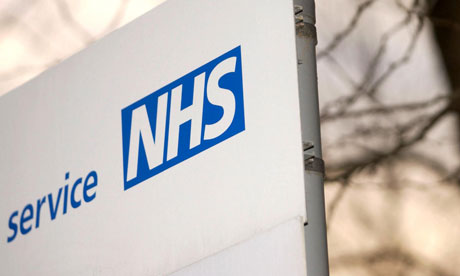Nearly One Third Of NHS Trusts Hit By Ransomware Attacks

Of the 94 NHS Trusts that responded, none admitted to paying a ransom
A Freedom of Information (FOI) request has revealed that nearly a third (30 percent) of NHS Trusts have suffered a ransomware attack.
FOI requests, submitted by security firm SentinelOne, were made to 129 NHS Trusts, of which 94 responded, with the Imperial College Healthcare NHS Trust admitting to being attacked 19 times in just 12 months.
Interestingly, all of the respondents reported that their Trusts had preferred to deal with the attack internally rather than informing law enforcement and none of them admitted to paying a ransom.
‘Soft target’
Three of the Trusts claimed that their response could damage their commercial interests so refused to answer, while all but two (Surrey and Sussex), confirmed that they have invested in endpoint antivirus security software to protect devices against malware.
Although the majority of the Trusts weren’t able to identify their attackers, 15 did have further information about the origins of the attacks. 87 percent of these reported that cyber criminals gained access through a networked NHS device, with 80 percent targeted by a phishing technique.
“These results are far from surprising,” said Tony Rowan, SentinelOne’s chief security consultant. “Public sector organisations make a soft target for fraudsters because budget and resource shortages frequently leave hospitals short-changed when it comes to security basics like regular software patching.
“The results highlight the fact that old school AV technology is powerless to halt virulent, mutating forms of malware like ransomware and a new more dynamic approach to endpoint protection is needed. In the past NHS Trusts have been singled out by the ICO for their poor record on data breaches and with the growth of connected devices like kidney dialysis machines and heart monitors there is even a chance that poor security practices could put lives at risk.”
The healthcare industry has found itself becoming an increasingly attractive target for cyber criminals, as a combination of poor security training, weak IT security measures and the use of outdated software are putting hospitals and patient data at risk.
A similar report from October highlighted the prevalence of ransomware attacks on healthcare organisations just this week England’s largest NHS Trust suffered a cyber attack of its own, although no patient data was affected.
Quiz: The scary world of cyber security in 2016